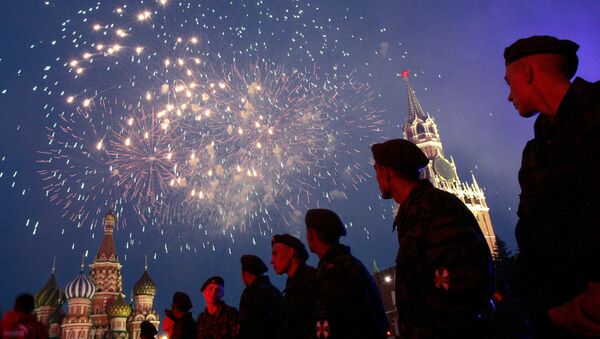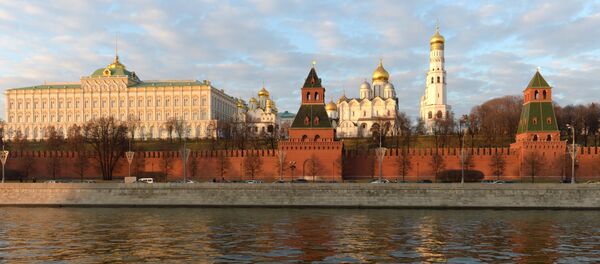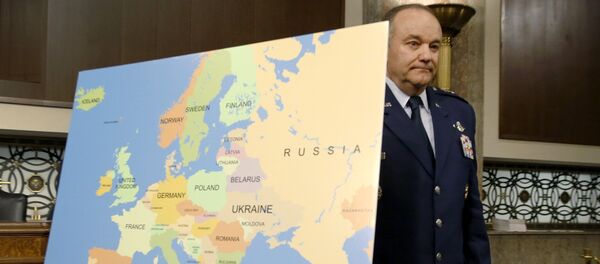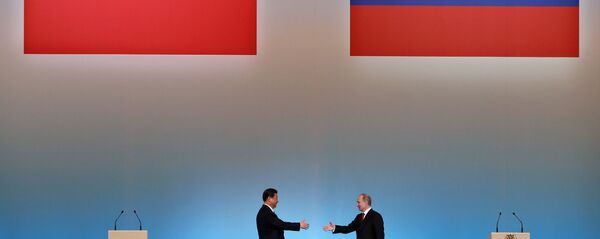“Russia has done the unthinkable — become a great power filling the void left by other former great powers that have now shrunk in size, power and influence,” he states, adding that former great powers, such as Japan, Europe’s Germany, France, England, the now defunct Austro-Hungary and the US itself “are now no longer major powers.”
The author attributes it largely to Russia’s President Putin, who is “actually a very shrewd leader with a brilliant Foreign Minister, Sergei Lavrov, who relies on a capable Foreign Ministry.”
“Putin has rebuilt Russia’s military capability by spending $49 bln a year on security. Russia retains 1,790 strategic nuclear weapons. With over 140 million people and 13 million college graduates, Russia has nearly a million first-class scientists, engineers and technicians, most of whom work for the military,” he states.
“Western politicians and pundits should be more careful with their predictions for the Russian economy: Reports of its demise may prove to be premature,” it said last year, referring to President Obama’s remark about Russia that it is “isolated and its economy is in tatters.”
The above was proved only too well by Russia’s Prime Minister Dmitry Medvedev.
“They repeatedly predicted catastrophic consequences for us, saying that our economy will be left “in tatters.” It is not in tatters. There are difficulties, but Russia’s current economic and financial situation is much better than it was in other periods in our history,” the head of the government said in his opening remarks at the expanded board meeting of Russia’s Ministry of Finance on Wednesday.
“Last year we achieved three tactical goals: we helped our economy adjust to new conditions, prevented inflation from running out of control and maintained stability in the employment market,” Medvedev said commenting on the results of the Ministry’s 2015 performance and tasks for the upcoming period.
However, if we look at the US, which lauded the demise of the Russian economy, its own current state of affairs is far from being ideal.
“Its 18 trillion dollar economy, 17 of the world’s top 20 universities, world leadership in high technology, over 550 billion dollars in military spending and 330 million people give it serious advantages over Russia,” reasons Jonathan Adelman.
“But, with the rise of popular neo-isolationist Presidential candidates, the slowest economic recovery since the Great Depression, decline in its manufacturing sector, administration talk of reducing the size of the American military to the 1940 level, and the Obama semi-withdrawal from the Middle East, the door that had been shut to Russia has been open,” he furthermore says.
“It's time to bury the expectation that Russia will fall apart economically under pressure from falling oil prices and economic sanctions, and that Russians, angered by a drop in their living standards, will rise up and sweep Putin out of office,” Bloomberg therefore suggests.
Instead, it urges to start looking for ways to restart dialogue with Russia, “a country that just won't go away.”





